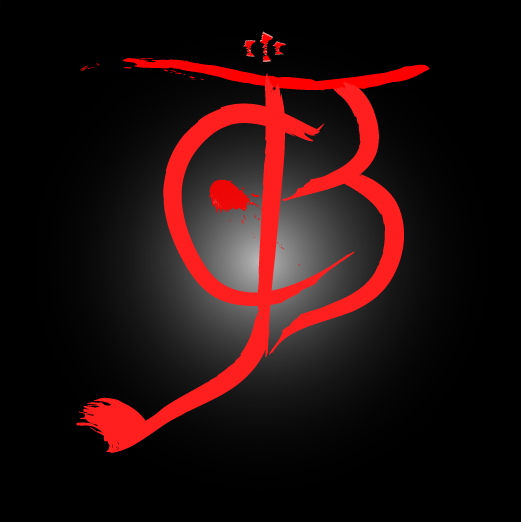
JCB's Ruminations on the Craft of Fiction #3
June 4, 2020
This week I want to talk about style guides. The most famous style guide is The Elements of Style, usually just referred to by its authors, Strunk and White. E. B. White was William Strunk’s student, and The Elements of Style was originally written by Strunk early in the Twentieth Century. White revised Strunk’s book with his own additions in the 1950s. The book follows on a tradition reaching back into the mists of time wherein writers insist that everyone else should use language in a specific way: their way. A codified usage guide can of course be helpful for domains in which readers bring expectations for a specific kind of diction, and the passing of mere information are among the writer’s foremost purposes. But for fiction--
For good fiction, we writers must have available to us language in all of its many guises. Style guides restrict usage, while fiction demands we expand our use of language and dig around at the roots of human thought, jam our fingers at its pliant edges. Prohibitions can only limit us. It is not for us merely to know the rule and discard the unruly: rather, we must be familiar with the full breadth of the expressive power of language. Such familiarity comes not from a list of prescriptions and proscriptions, but a careful study of how language works.
A style guide is a good first step if instead of blindly heeding its advice we instead ask of it, "Why?" Why, for example, as Strunk and White’s Rule 14 insists, should we "Use the Active Voice" -- what prose-effect does this promote? What effect do we achieve when we deliberately break this so-called rule? How? Why?
We must study language, not style. Learn a non-European grammar. Read dictionaries to hone in on the precision of words and to uncover the complex history of semantic change. Research why a word changed its meaning--why do people change what they mean when they use words? Discover how to change and mold language to your needs rather than how to fit it into a rigid framework. Like the old masters who made their own paints, we writers of fiction must endeavor to make language our own so that we too can paint our worlds with striking crispness.
* * *
I recommend reading this angry linguist bash Strunk and White. Among other things, Pullum points out that the authors of The Elements of Style do not heed their own advice in the composition of their own style book. Link: http://www.lel.ed.ac.uk/~gpullum/50years.pdf
Next: Writing is Mind Control